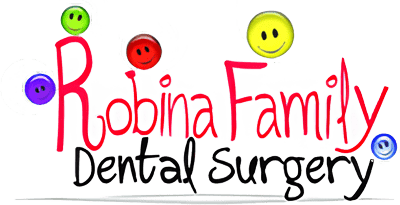What is Oral Cancer?
Oral cancer is cancer that starts in the oral/mouth cavity. The wider classification of oral cancer is head and neck cancers. These are the locations that the cancer can typically be found in (going from most to least common):
- Lips
- Tongue
- Floor of the mouth
- Cheeks
- Gums
- Roof off the mouth
- Tonsils
- Salivary glands

What are the Risk Factors?
There are many potential risk factors of oral cancer, including:
- Tobacco (smoking and chewing; this includes even smokeless tobacco)
- Alcohol consumption
- Human Papillomavirus (a.k.a. HPV)
- Epstein-Barr virus (a.k.a. EBV)
- Graft-versus-host disease (a.k.a. GVHD)
- A weakened immune system
- Hereditary factors (such as a family history of squamous cell carcinoma, or genetic conditions such as fanconi anemia or dyskeratosis congenital)
- If you have experienced cancer in the past
- Poor dental hygiene
- Gum disease
- Prolonged exposure to the sun (Australians are especially prone to this risk factor)
- Chewing areca nuts or betel quids (the seeds of the areca palm tree) which are carcinogens
- A diet low in vegetables and fruit
- Lichen planus (which is a chronic condition that forms rashes/sores on the skin and in the mouth)

How Do You Recognise It?
Oral cancer has several possible symptoms, including:
- A swollen lip
- A sore on our lip that will not heal after a period of time
- A lump in your neck
- Teeth that feel loose
- Difficulty swallowing (possibly due to pain)
- Bleeding/numbness in mouth
- Unexplained patches of red or white on your mouth/tongue/gums
- Changes in your speech
- Unexplained weight loss

It is always best to see your doctor or dentist to get a professional diagnosis of any symptoms you may have. They may refer you to specialists to get additional tests done (such as an endoscopy, biopsy, or scans) to confirm their diagnosis or for exploration purposes. There is currently no screening for oral cancer in Australia so if you’re concerned, going to your doctor or dentist is definitely the way to go.

